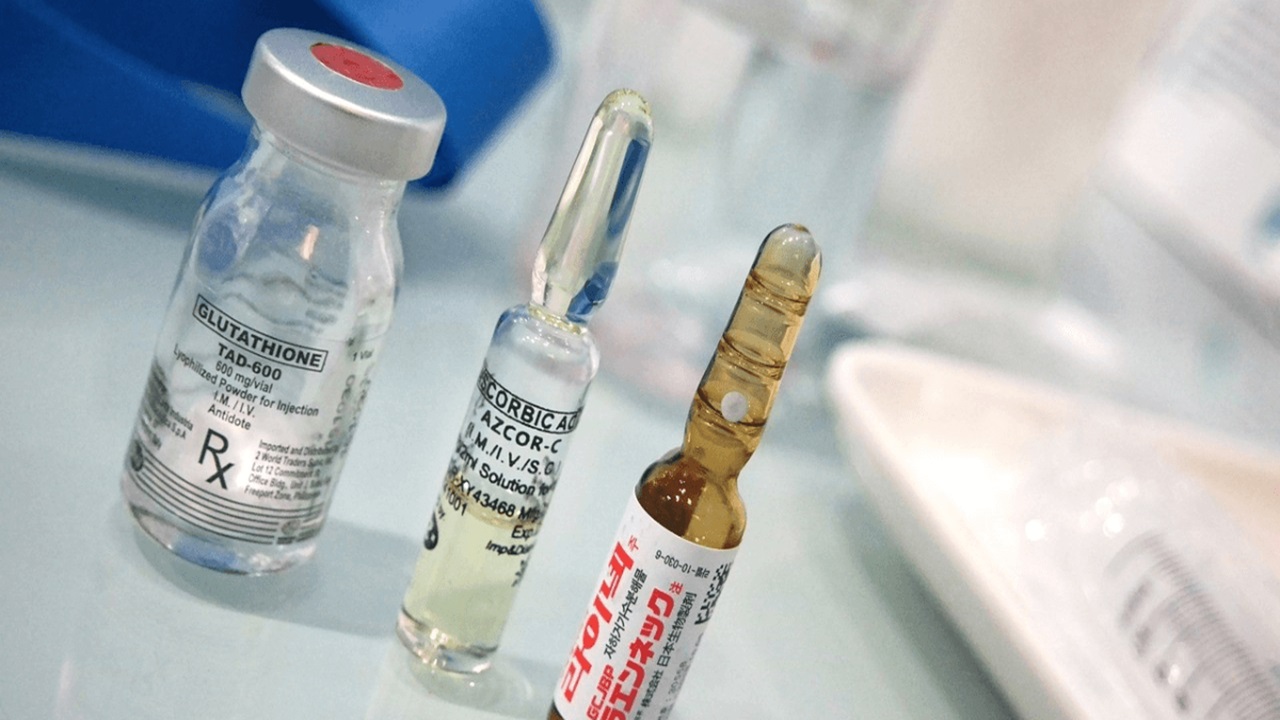Glutathione powder is considered one of the most important molecules in the human body. It has become popularly referred to as the human body’s master antioxidant. This article shall endeavor to explain and analyze the various uses of glutathione powder how it is being used and the impacts felt in different aspects of people’s lives.
Antioxidant Properties and Oxidative Stress
Free radicals affect cells, proteins, and DNA and result in aging diseases, and the death of cells. These free radicals are regulated by glutathione which also assists in the preservation of the oxidation and hence the health of the cells is enhanced. Since glutathione also has an antioxidant property, it plays an important role in the protection of the cells and physiological processes.
Detoxification and Liver Health
Glutathione is most especially found in the liver because this is the organ that is most involved in detoxification. It has the function of transporting and secreting conjugated toxins, metals, and other metabolites in the body of human beings. It is capable of metabolizing such lethal products and can make them change into water-soluble substances that can be expelled from the body either through urine or bile. It is useful in the way that it slows down the metabolism of the liver and does not store toxins in the body.
Immune System Support
Some of these components include glutathione which is essential in the immune system of the body. It is also involved in sustaining and even more critically regulating the status of the immunocytes and regulating inflammation. Thus, with this on oxidant and general health of the cell, glutathione helps the body to fight infection and inflammation diseases.
Cellular Repair and Longevity
They are also implicated in several processes of repair of the cell and also it is involved in the structural composition of the cell. It has different roles in the cells for example in the synthesis and repair of DNA, in translation and transcription processes as well as in the process of cell division. Therefore, glutathione can keep the cells in the repair state and its unoxidized form and therefore there is no aging in terms of beauty and health. This leads to early aging and susceptibility to age-related diseases to justify the need for the glutathione in formation of the cell and its effectiveness.
Role in Chronic Diseases
The total glutathione levels are low in patients with chronic diseases including cardiovascular diseases, diabetes, and neurodegenerative diseases. For example, in Parkinson’s and Alzheimer’s diseases, oxidative stress is believed to contribute to the development of the disease. This also shows that such diseases can be treated either by increasing the effectiveness of this antioxidant by using glutathione or by changing the diet and living standard because the compound is used to lessen the oxidative pressure and the health of the cell.
Glutathione Supplementation and Bioavailability
Glutathione is a natural component of health and therefore there has always been some debate over the use of this supplement. However, dispute emerges as to whether glutathione when given orally is assimilated because this compound is degraded in the gut. Other forms include liposomal glutathione or administration through the intravenous is applied to increase the concentration and efficacy. However, the levels of the substance can be increased with the help of precursors such as N-acetylcysteine (NAC) or increasing the levels of sulfur-containing amino acids in the diet.
Conclusion
It is a sulfur-containing tripeptide and it is probably the most important biomolecule to the human being among all the biomolecules. They also include antioxidants, detoxification, immune system, and tissue repair and therefore are of great importance to the body. For instance, if one can perceive glutathione as a molecule, he or she will be in a position to comprehend that it is essential to have a high concentration of glutathione in the body in a bid to countercheck the impacts of oxidative stress as well as overall health.
